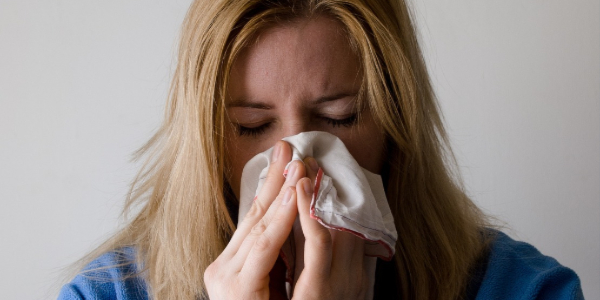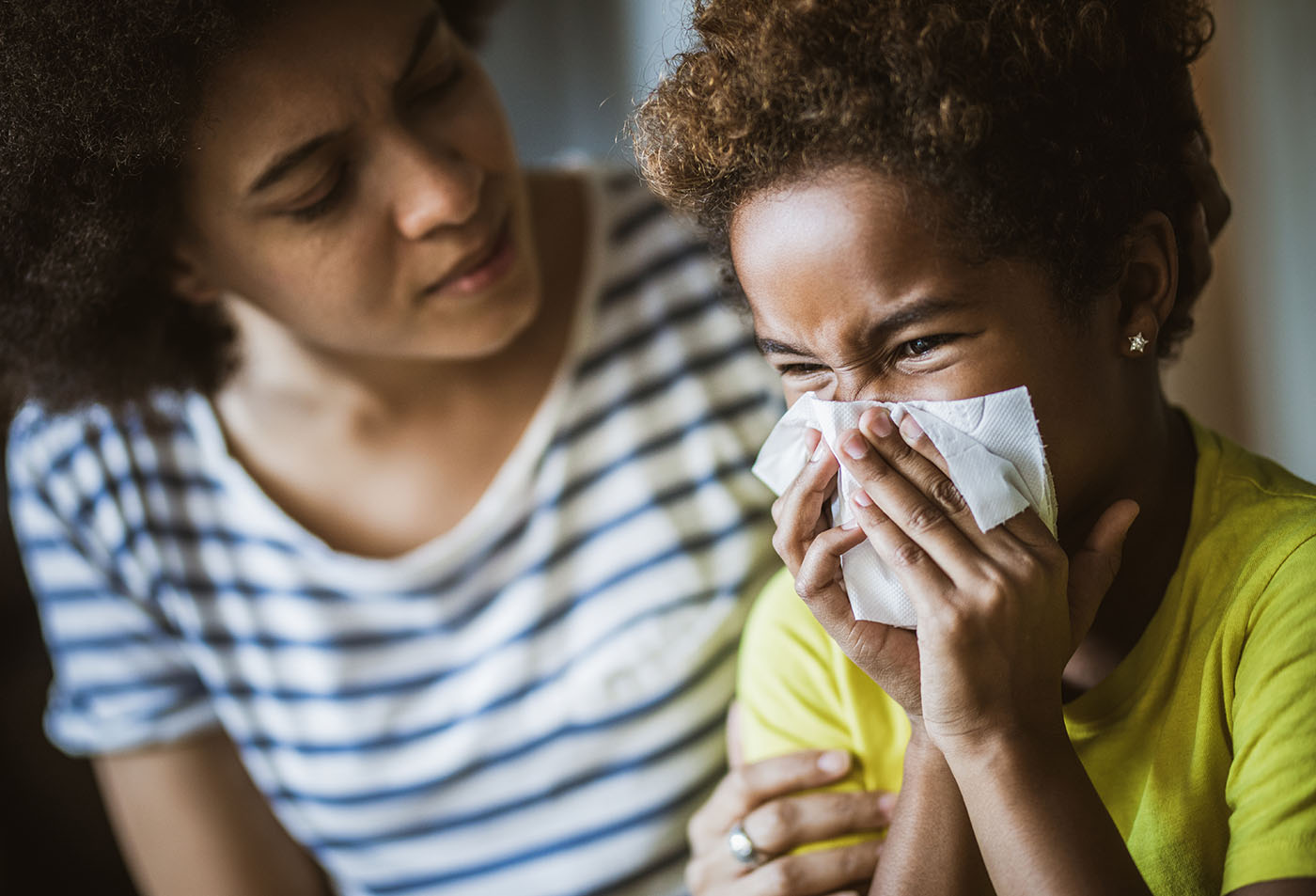 Many people around the country are misinformed about their symptoms by online message boards and social media posts. Many people are attempting to shorten their “cold” when, in fact, they are simply experiencing allergies. On the other hand, many people are taking allergy pills or running to allergy and asthma specialists, when they should be treating a cold. Below is a list of some similarities and differences between a cold and allergies.
Many people around the country are misinformed about their symptoms by online message boards and social media posts. Many people are attempting to shorten their “cold” when, in fact, they are simply experiencing allergies. On the other hand, many people are taking allergy pills or running to allergy and asthma specialists, when they should be treating a cold. Below is a list of some similarities and differences between a cold and allergies.
1. Nasal Symptoms
Nasal symptoms are common due to a variety of problems. Allergies and the common cold are no exception. Nasal stuffiness is extremely common in both scenarios. Stuffiness, or sinusitis, affects about 37 million people every year in the United States. Decongestants, which help to alleviate the stuffiness in your airways, come in pills and in nasal spray. A runny nose is also common when one has a cold and when one experiences allergies. An antihistamine can help stop some of the runny nose symptoms associated with each of these issues. Also, if you can not stop sneezing, this is also common in both a cold and in regards to allergies.
2. Coughing
Coughing is one of the most prevalent symptoms of many different problems, and it is also associated heavily with a cold. While a cough can occur due to allergies, it is not as commonly associated with them. If you do have a cough, this can help you differentiate between a cold and allergies. When you cough up mucus, check to see what color it is. If it is green or yellow and thick, you likely have the common cold. If it is clear and thin, then your cough is likely allergy related.
3. Fever
If you have a fever, you likely have something more serious than either a cold or allergies, and should likely seek treatment from an ENT doctor or your local urgent care clinic. While a fever can occur from a cold, it is rare. If you feel achy, you should take your temperature to figure out whether it is a fever, as aches can result from the cold. Allergy and asthma specialists can give you more detailed information if you are worried.
4. Fatigue
If you have not been doing anything particularly strenuous and you feel a lot of fatigue, it is possible that you are fighting a cold or allergies. Depending on your symptoms, they could be causing you to feel tired. If you are feeling fatigue due to a sickness, it is wise to give your body the sleep it needs in order to be able to fight the affliction. AS stated before, be sure to consult allergy and asthma specialists or your primary care physician if you have any questions specific to your own health.



